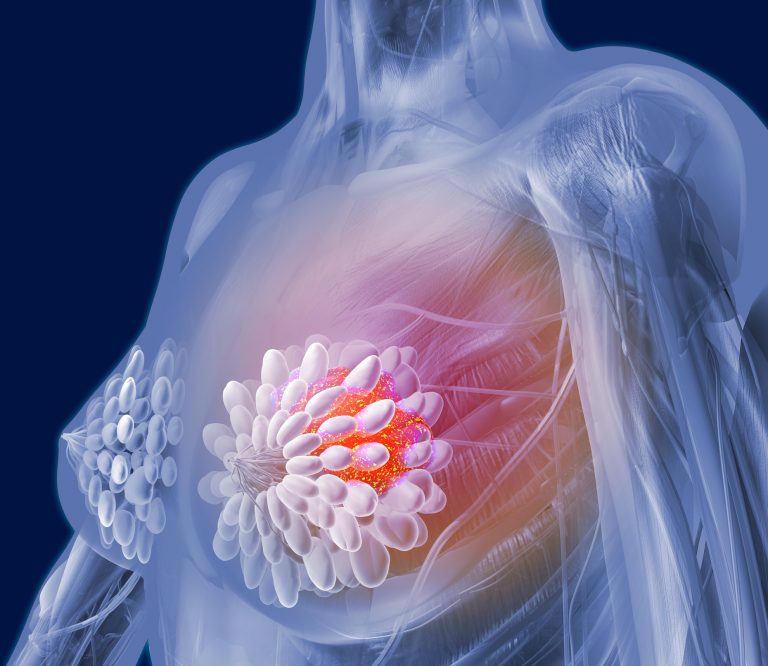
Cambridge, U.K.-based diagnostic assay developer APIS Assay Technologies announced today a collaboration with the lab of Elsa Flores, Ph.D., and Marco Napoli, Ph.D. at Moffitt Cancer Center to assess the suitability of TROLL-2 and TROLL-3 as predictive biomarkers of cancer progression and their roll as markers of chemotherapy response.
Earlier this year, APIS obtained a worldwide exclusive license for the commercial development of TROLL-2 and TROLL-3 from Moffitt, setting the groundwork for commercial IVD development of these biomarkers.
A common genetic alteration across many cancer types are mutations in TP53 and the activation of the PI3K/AKT pathway, both of which drive cancer progression. The Flores lab in October published research in Nature Communications which demonstrated that the crosstalk between p53 mutations and the AKT pathway is mediated by two long non-coding RNAs (lncRNAs), called TROLL-2 and TROLL-3. Both lncRNAs have been shown to promote tumor formation and progression in several orthotopic models of human cancers.
The published and patented data provide preclinical rationale for the implementation of these lncRNAs and WDR26 as novel therapeutic targets for the treatment of human tumors dependent upon mutant TP53 and/or the PI3K/AKT pathway.
“The collaboration with Dr. Flores and the Moffitt team expands the APIS Biomarker portfolio by targeting the p53 family pathway, with potential companion diagnostics applications,” said Dr. Ian Kavanagh, COO of APIS Technologies.
The first target of the collaboration between APIS and Moffitt researchers will be triple-negative breast cancers (TNBC), which are known to be difficult to treat and are often characterized by the hyperactivation of the PI3K/AKT pathway and the gain-of-function mutation of the tumor suppressor TP53.
TNBCs exhibit higher levels of both TROLL-2 and TROLL-3 compared to non-TNBC, and pan-cancer analysis of TCGA data and microarray analysis of tissue samples showed these lncRNAs to be both biomarkers of cancer prognosis and of cancer progression in six different tumor types.
Using this as a basis for further research, APIS and Moffitt aim to determine whether a diagnostic tool identifying these lncRNAs can predict efficacy of treatment pathways and prognosis of treatment outcome in chemoresistant TNBCs. The collaborators will also work together to analyze TROLL biomarkers as potential diagnostic indicators of non-small cell lung cancer and melanoma.











